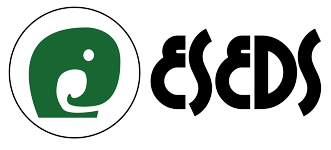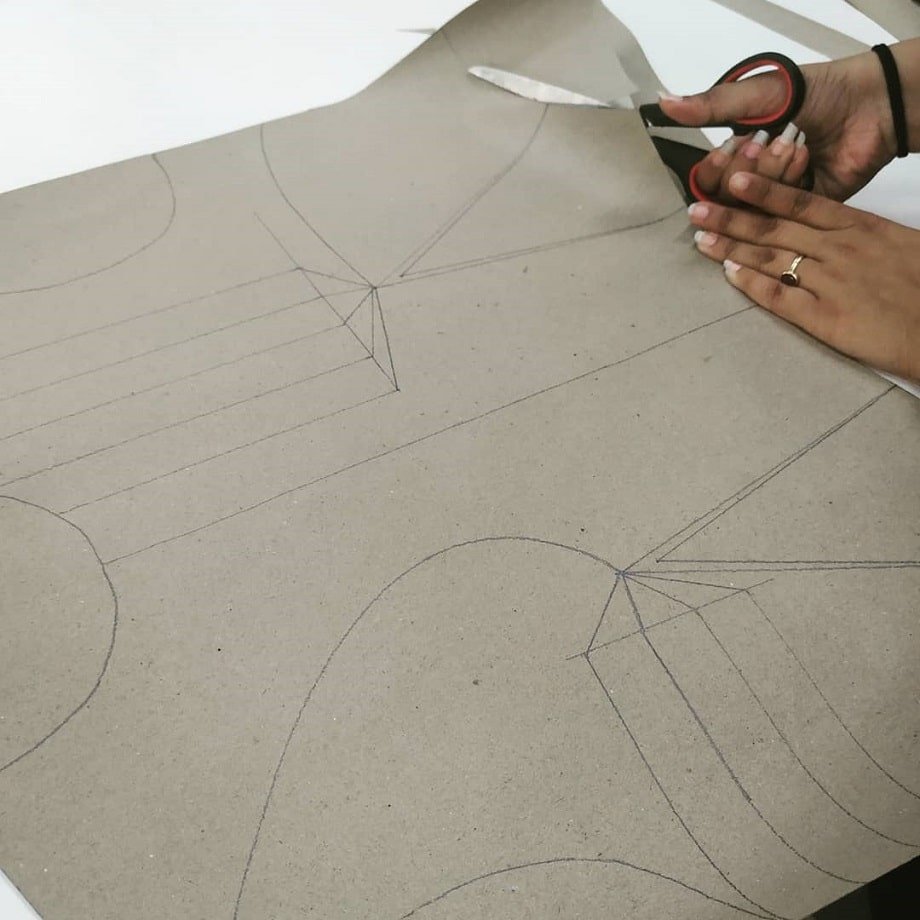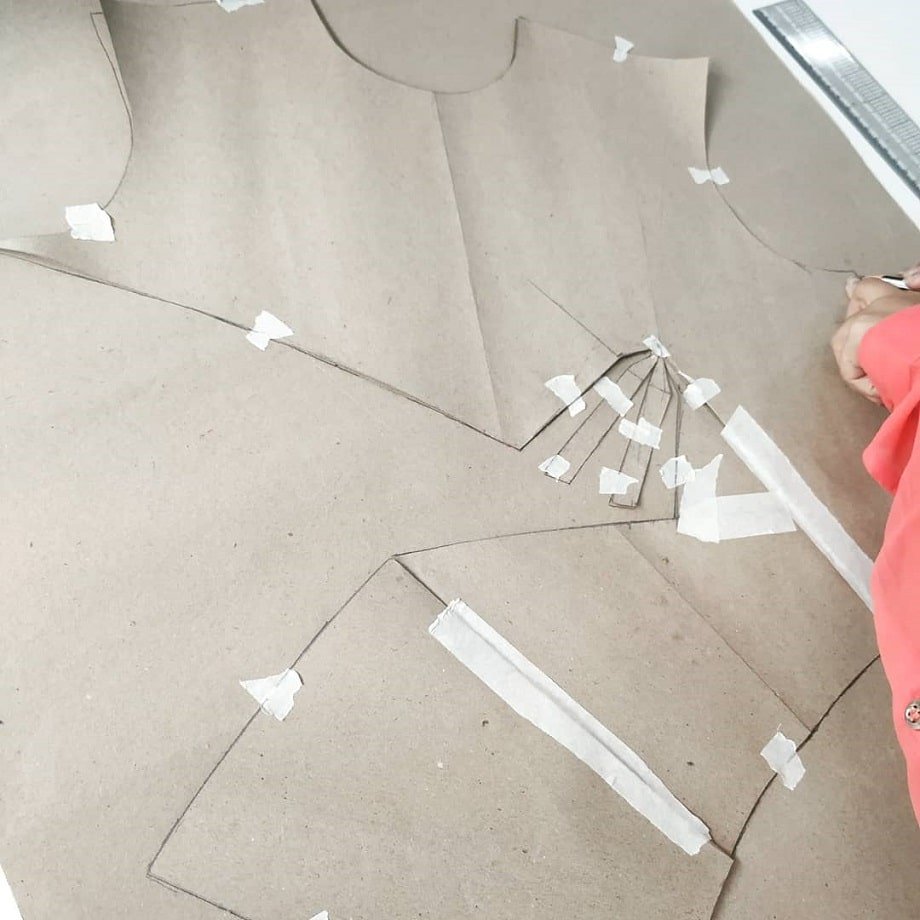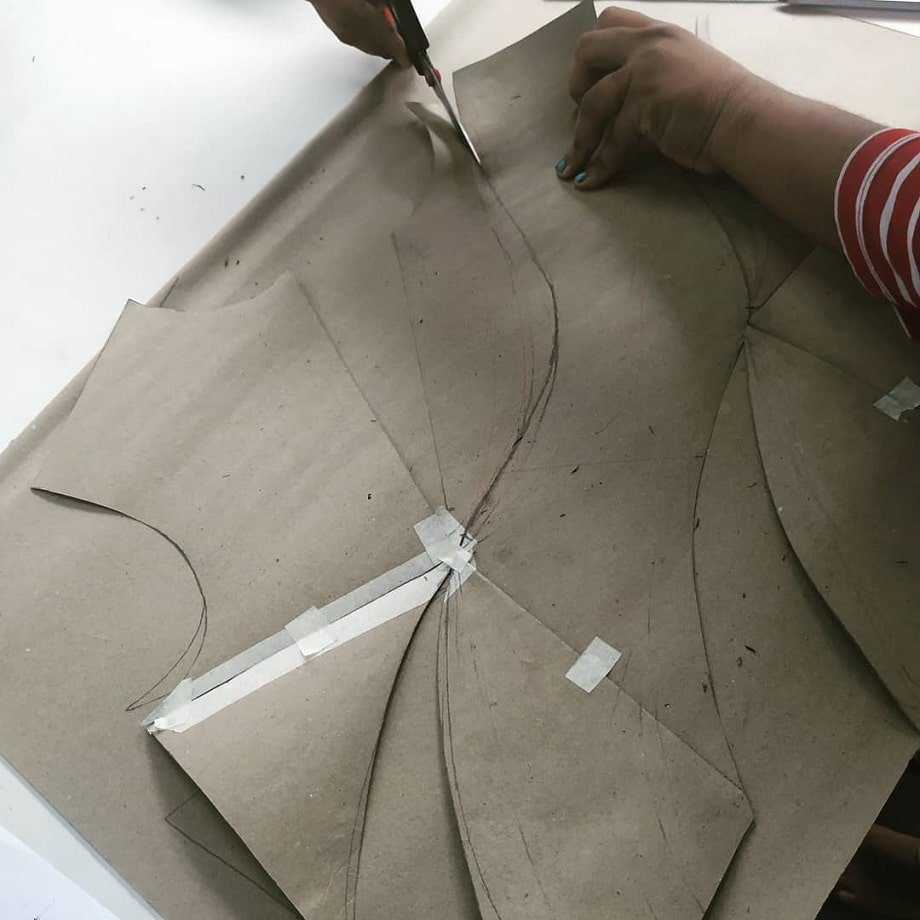PATTERN MAKING COURSE IN KOLKATA
PATTERN MAKING
& GARMENT CONSTRUCTION
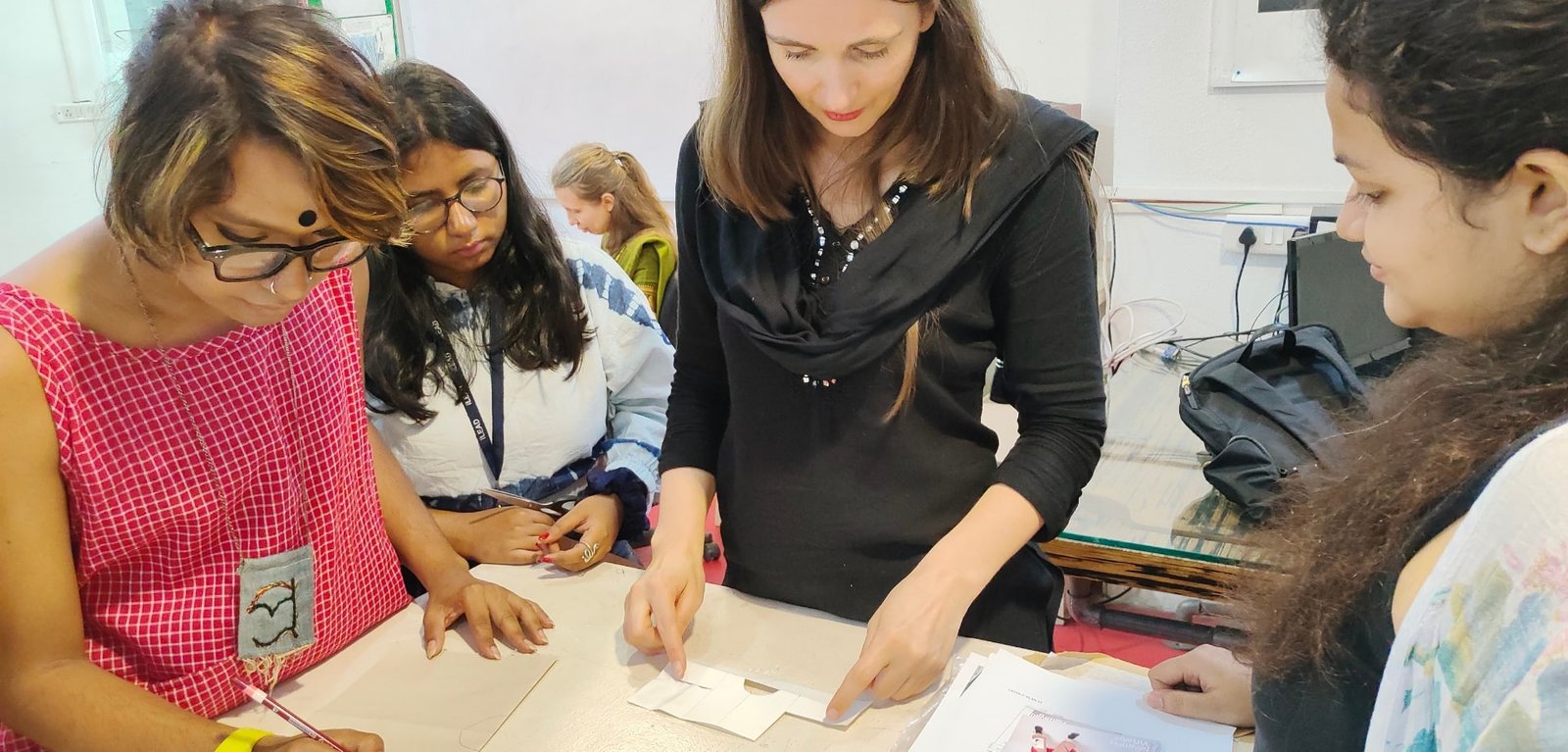
Pattern making and garment construction are crucial parts of the field of fashion design. ESEDS School of Design provides the best pattern-making course and garment construction course in Kolkata under the mentorship of experienced professionals. Join our program and excel in the field of fashion design.
- Level: Short Term Certification Course
- Duration: 6 Months
- Eligibility: Minimum Secondary or Equivalent examination (CBSE, ICSE, WBSE or any other equivalent board exams) with English as a compulsory subject preferred.
This course has been designed as a first step towards a career in professional pattern cutting for womenswear. An introduction to the industry standard size will be given and will continue to take one step at a time through the core skills of pattern reading and style interpretation.
It encourages students to develop:
- an ability to record from direct observation and personal experience;
- an ability to identify and solve problems in visual and/or other forms;
- creativity, visual awareness, critical and cultural understanding;
- an imaginative, creative and personal response;
- confidence, enthusiasm and a sense of achievement in the practice of Art and Design;
- growing independence in the refinement and development of ideas and personal outcomes;
- engagement and experimentation with a range of media, materials and techniques, including new media where appropriate;
- experience of working in relevant frameworks and exploration of manipulative skills necessary to form, compose and communicate in two and/or three dimensions;
- knowledge of a working vocabulary relevant to the subject and an interest in, and a critical awareness of, other practitioners, environments and cultures;
- investigative, analytical, experimental, interpretative, practical, technical and expressive skills.
| 3 Months |
|---|
| Introduction to the basic principles of flat pattern making |
| Introduction of the tools, industrial dress form, workroom terms and definitions |
| Taking body measurement |
| Drafting of basic bodice block |
| Basic sleeve block and Basic collar |
| Basic skirt block |
| Dart manipulation and Style lines |
| Princess paneled bodice |
| Various explorations |
| Design Project |
| 3+3 Months |
|---|
| Different |
| Variation of sleeves |
| Variation of skirts |
| Sleeve Cuffs |
| Advance creative pattern making |
| Design Project |
The assessment strategy for our design courses uses a perfect balance between summative and formative assessments in order to improve skills not only on core disciplines but also in project planning and time management. Projects are concurrently conducted between all modules in order to improve students’ transferrable skills, allowing them to link skills and competencies from various domains.
An Integral part of the course is the links to profession practitioners and industries, and in particular to this unique course is the connections you will make with ethical and sustainable sectors of the design and textile industry. You will learn how traditional sustainable practices such as ‘ikkat’ textiles, hand loomed weaving, shibori, along with contemporary ethical and sustainable practices such as; ‘peace silk’ and herbal dying can be incorporated into modern contemporary design practices.
Also how organisations such as ‘blue sign’ technologies and ‘Beyond Surface Technologies’ (BST)are working with massive fashion, sports, footwear and apparel companies to create more sustainable products for the mass consumer market.
Students will learn how these important traditional skills and techniques fused with new technologies can provide a design pathway to a sustainable and ethical future.
Familiarizes with the concepts of pattern making and the tools and terminology of pattern making while developing their ability to create designs. The course is designed for understanding the creative pattern making techniques and applying utility of various components in a garment and to explore the different techniques used for quality application in garments.
